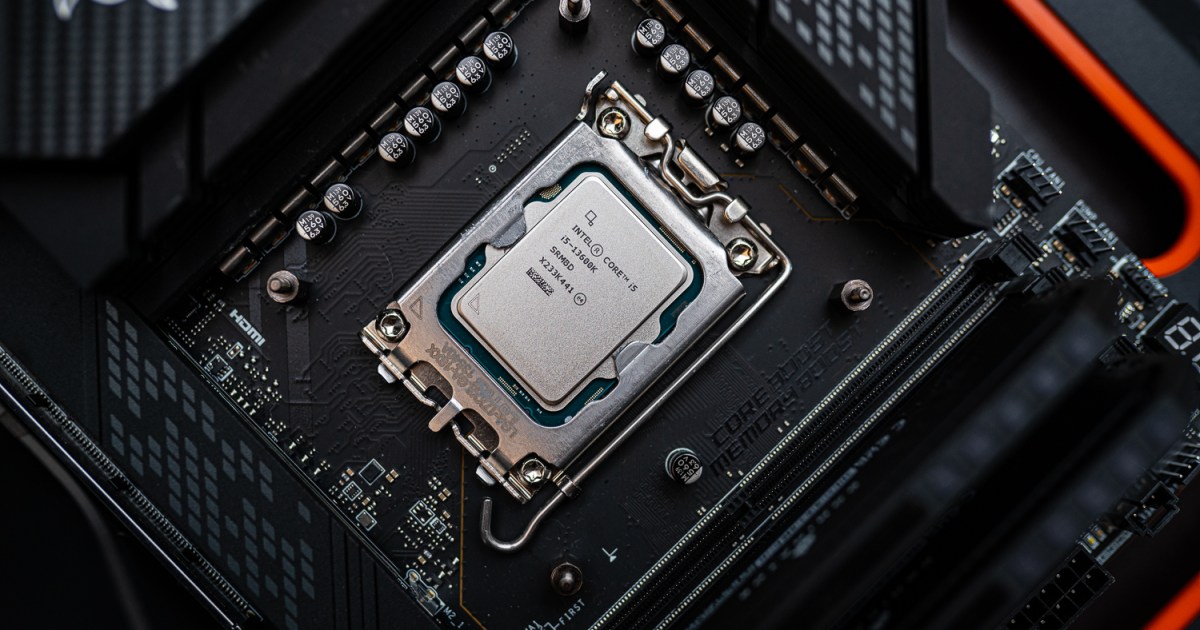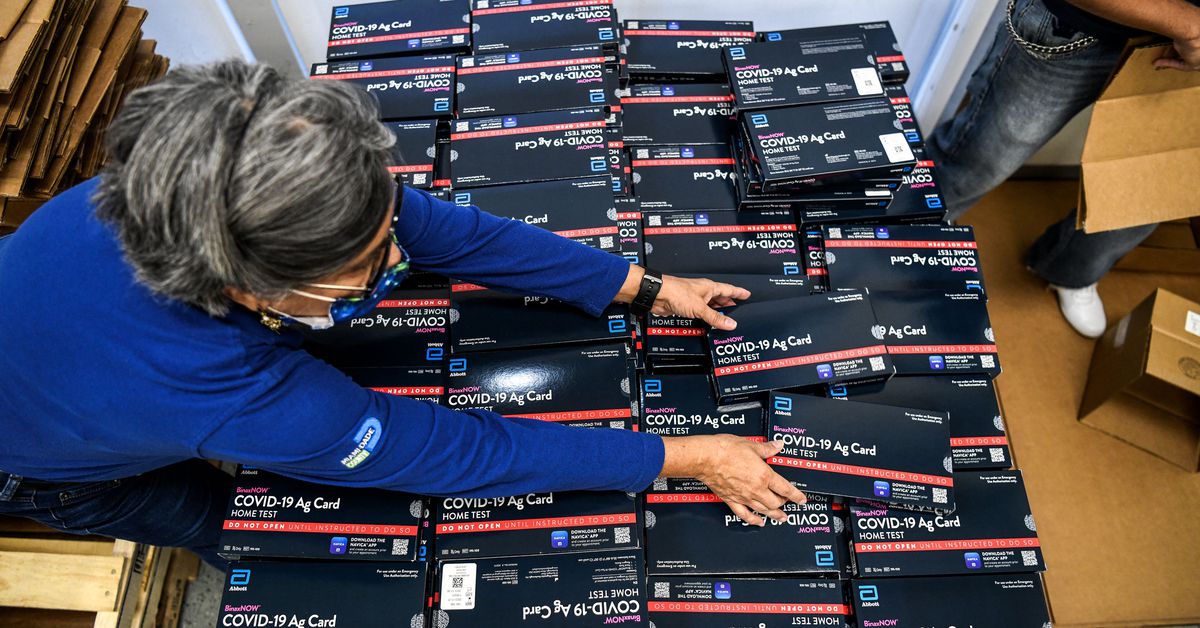Intel is finally stepping up on its instability fiasco
Intel is finally providing details on its extended warranty for 13th-gen and 14th-gen CPUs. Here are all of the details.

Last week, Intel quietly committed to extending the warranty on its 13th-gen and 14th-gen CPUs, but it wouldn’t provide details at the time. Now, we know what processors are covered. Intel is extending the warranty on a large range of 13th-gen and 14th-gen CPUs by two years, giving customers a total of five years to file a warranty claim.
From a performance standpoint, Intel’s latest 13th-gen and 14th-gen CPUs are among the best processors you can buy, but the chips have been in hot water as of late. A string of instability issues, and a lack of communication from Intel, have eroded trust not only in the CPUs, but also Intel as a brand. The warranty extension is an attempt by Intel to help restore that trust, as the narrative around Intel’s instability troubles has only become more intense as time goes on.
As mentioned, you now get a total of five years of warranty coverage from the date you purchased your CPU. Intel is applying the warranty retroactively to CPUs already purchased, as well as new CPUs. Intel is only applying the extended warranty to models that run at 65 watts or above — you can find the full list in Intel’s forum post. Most of the reports of instability we’ve seen concern the Core i9 models, but Intel is covering models all the way down to its Core i5 range.
Intel isn’t doing any regional funny business, either. The company says the warranty applies to all customers around the world.
In addition to the warranty details, the forum post includes an important note: “If customers have experienced these instability symptoms on their 13th and/or 14th Gen desktop processors, but were unsuccessful in prior [return merchandise authorizations], we ask that they reach out to Intel Customer Support for further assistance and remediation.”
We’ve seen several reports that Intel denied warranty claims for its 13th-gen and 14th-gen CPUs, even after the instability problem was known. Hopefull,y there has been some direction from higher up in the company to accept warranty claims on these CPUs more generously.
Intel is still releasing a microcode update in mid-August that will address the instability problem. This is a preventative update, however, and it targets the voltage requests that the processor makes. It won’t fix a CPU that has already suffered from instability or degraded as a result, but it should prevent newer chips from degrading.
If you’ve already experienced instability issues, Intel says to reach out to its customer service team if you purchased a boxed processor. If you purchased a prebuilt system, Intel is directing users toward the system manufacturer.
Jacob Roach is the lead reporter for PC hardware at Digital Trends. In addition to covering the latest PC components, from…
AMD is already recalling — and delaying — its Ryzen 9000 CPUs
AMD just announced a delay of its Ryzen 9000 CPUs. The processors were originally meant to go on sale July 31, but they'll now arrive in the first two weeks of August. The Ryzen 7 9700X and Ryzen 5 9600X will launch on August 8, while the Ryzen 9 9900X and Ryzen 9 9950X will go on sale August 15.
Here's the statement from Jack Huynh, senior vice president of computing and graphics at AMD, in full:
Intel ‘disgustingly’ rejected some faulty CPU returns, YouTuber says
Intel has finally broken its silence on the instability issues plaguing 13th-gen and 14th-gen CPUs over the last few months, but it seems we've only gotten a half answer to the problem. Gamer's Nexus posted a video breaking down what the YouTube channel called "Intel's biggest fuckup" to date and showcasing how the problem goes beyond the reasoning Intel shared this week.
If you're not up to speed, Intel posted a message on its forums pinning blame for instability on improper voltage requests within the CPU microcode. Basically, the processor was getting improper power, leading to instability and degradation within the CPU. That's not the only problem with 13th-gen and 14th-gen CPUs, however. Some CPUs are impacted by a manufacturing defect that isn't fixable with a microcode update, and Intel didn't address that in its public statement.
Intel breaks silence on disastrous instability problem
Intel has finally provided an update on instability issues on 13th-gen and 14th-gen CPUs. An update posted by Thomas Hannaford, Intel's communications manager, pins the instability on an error in the microcode that requests incorrect voltage numbers, leading to instability in the processor.
The company is releasing a microcode patch that "addresses the root cause of exposure to elevated voltages." Intel says that update should arrive in mid-August. In the meantime, Intel encourages users who are experiencing instability issues to reach out to its support team for assistance. The microcode error was discovered after Intel reviewed processors that were returned due to stability issues, suggesting Intel wants to make the situation right with affected users -- though it stopped short of apologizing for a months-long drought on communication on the matter.

 Hollif
Hollif 




































